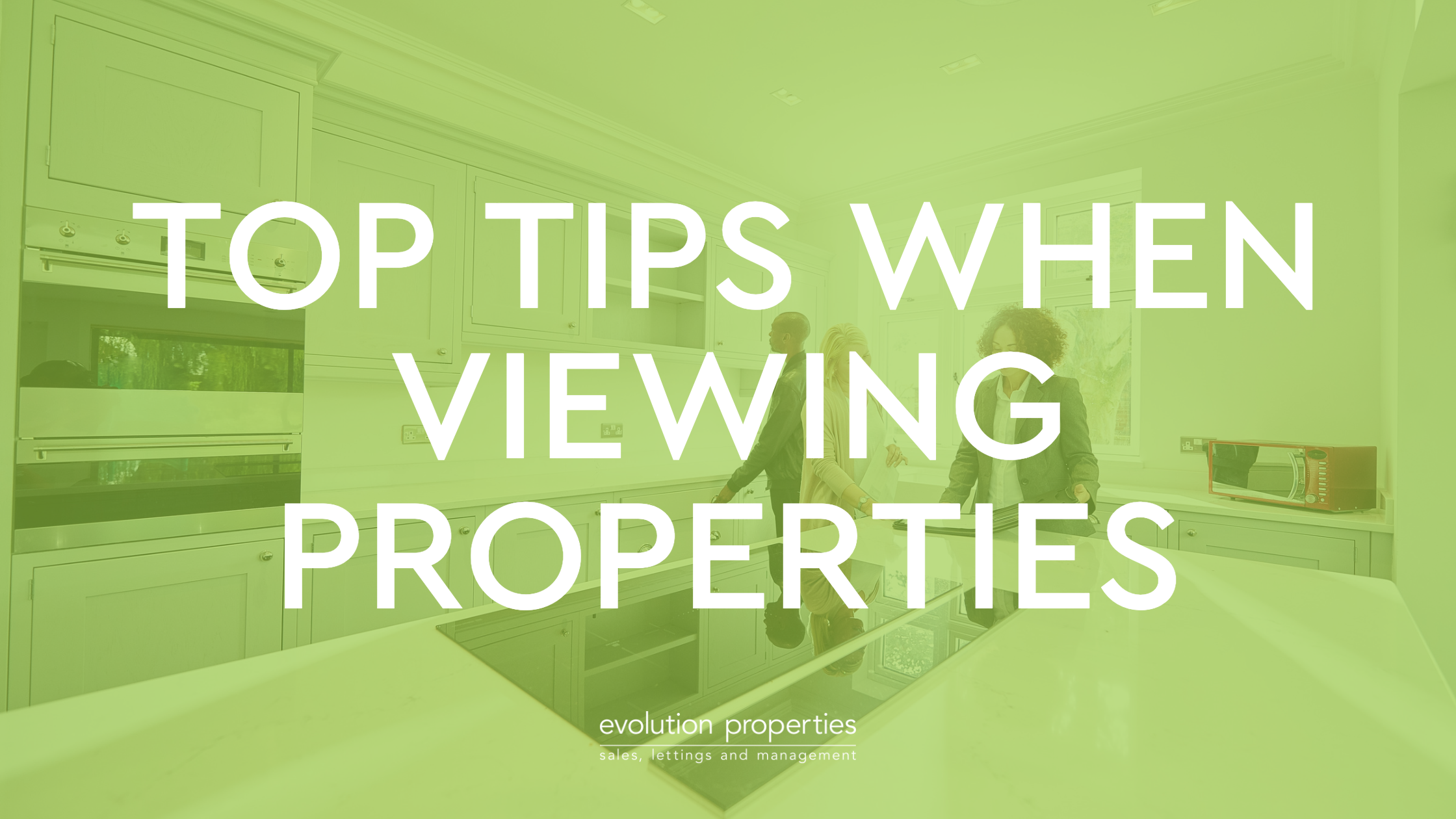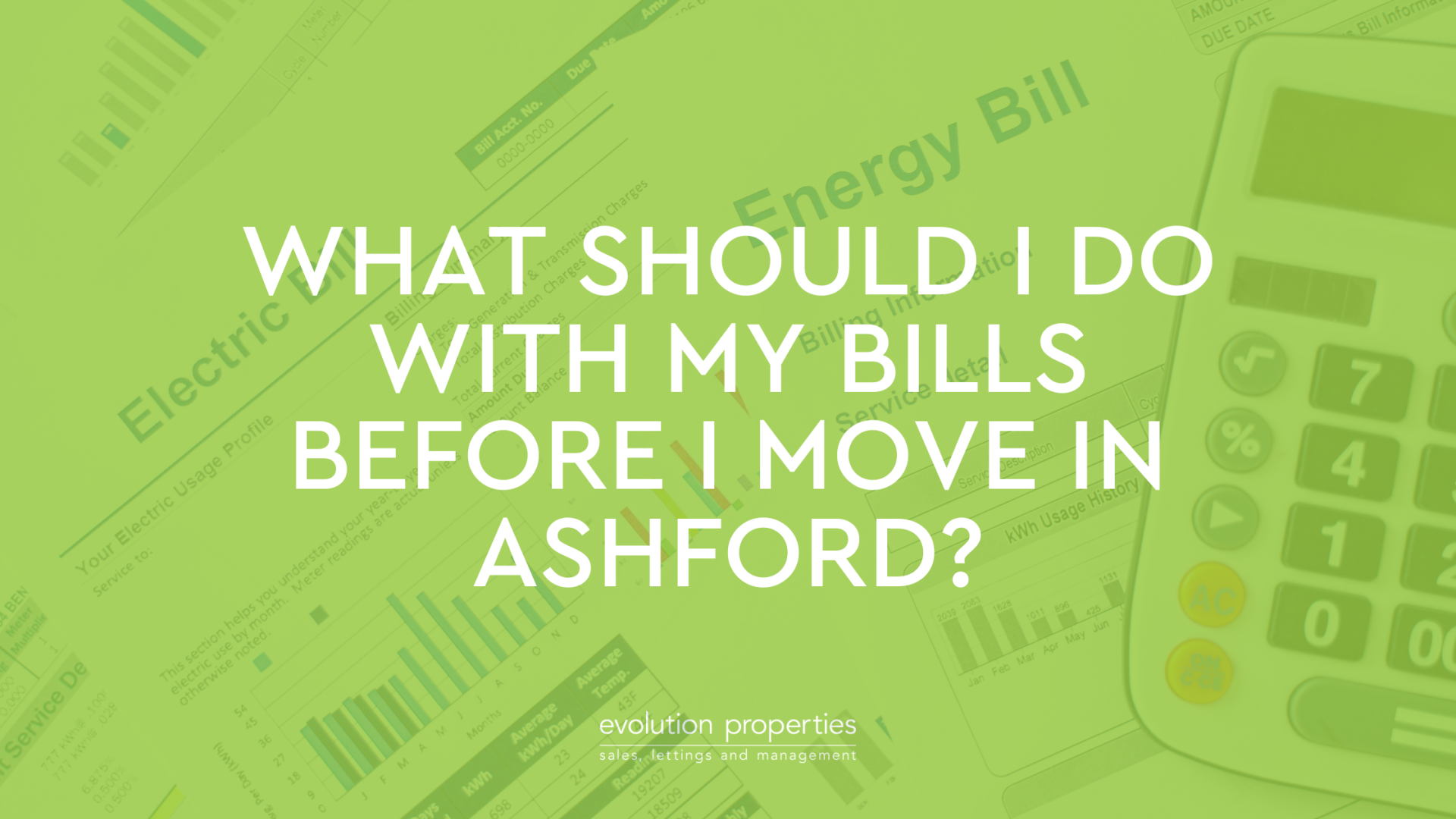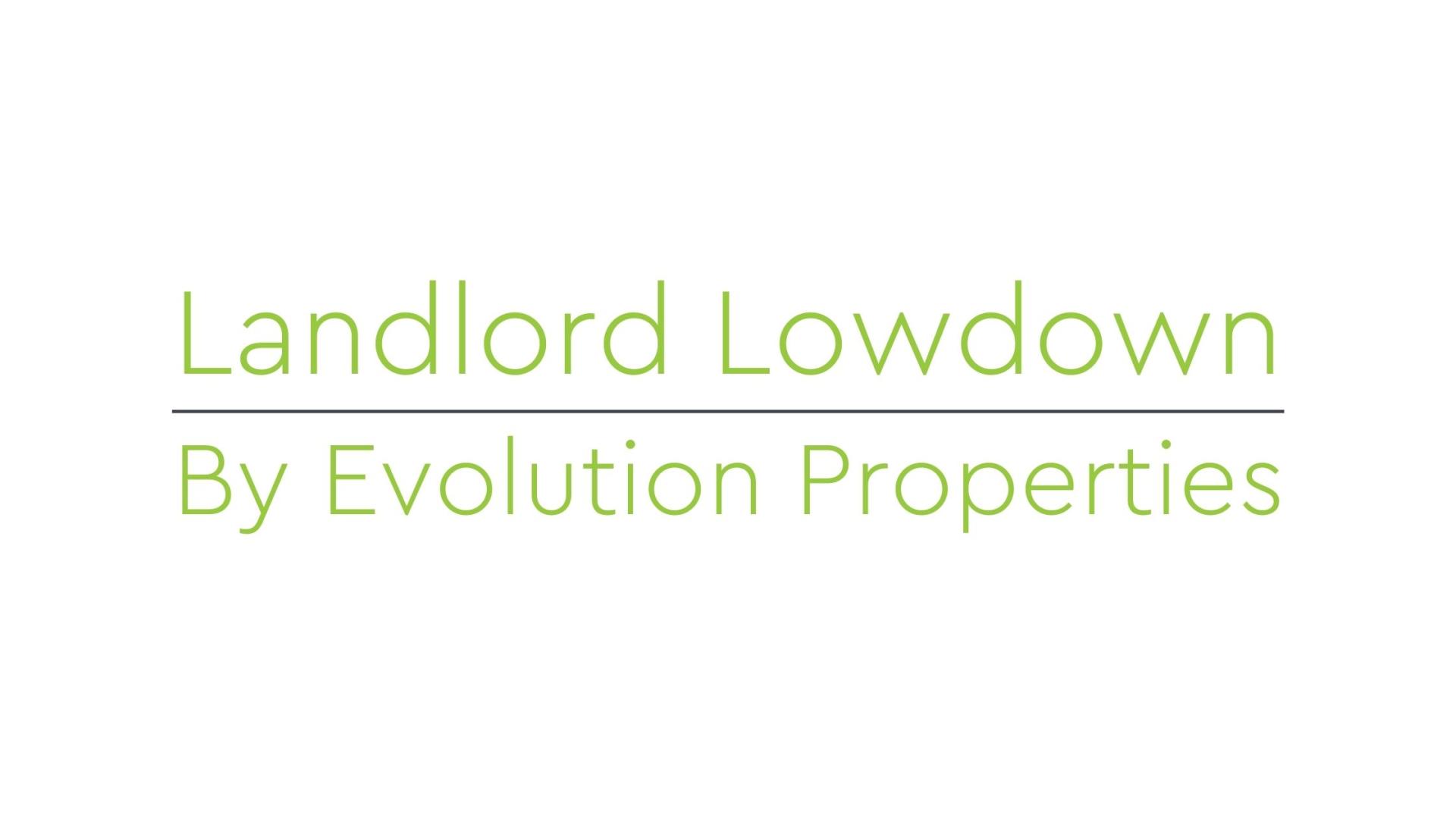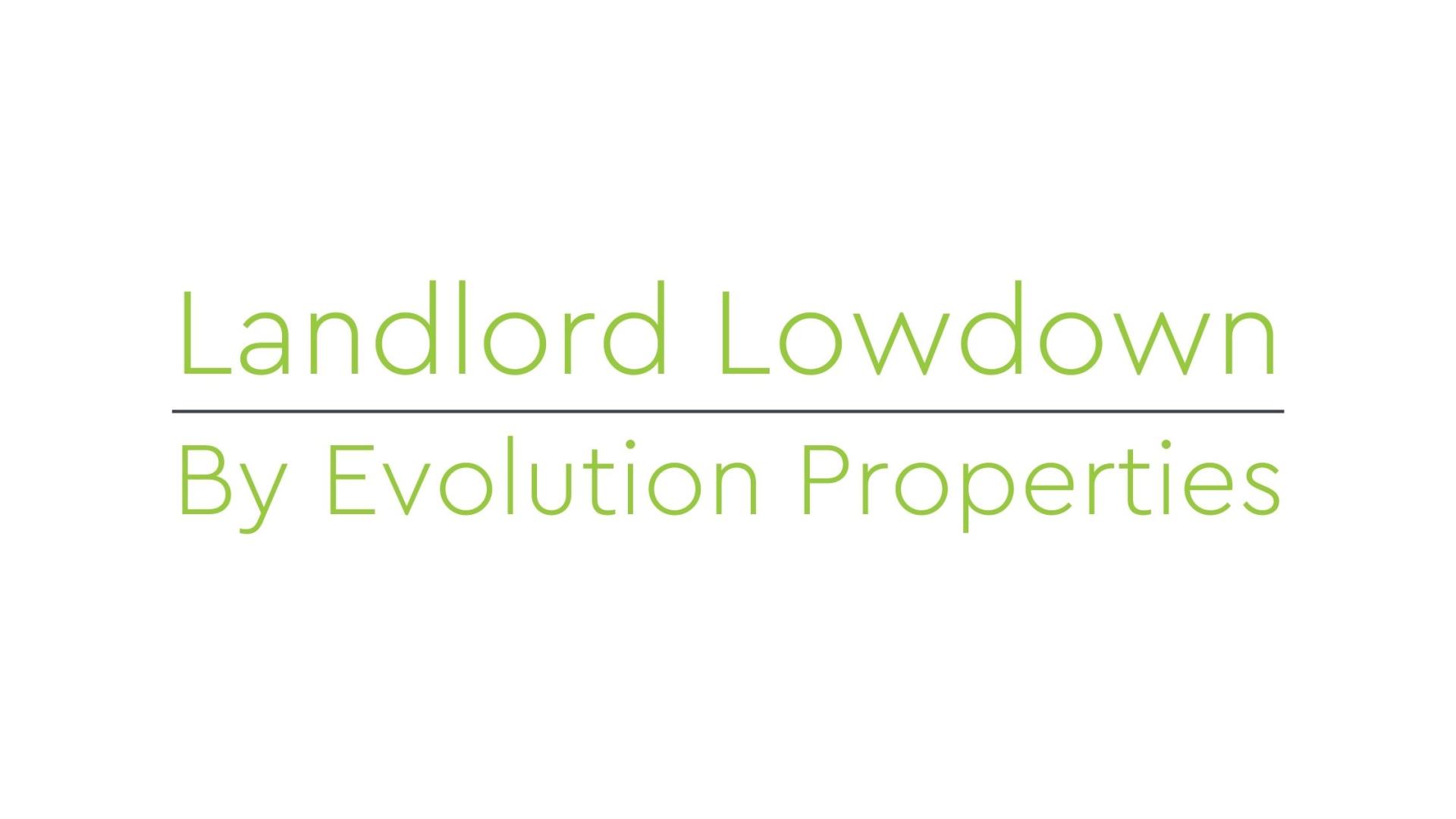Top Tips when viewing properties
Introduction
Viewing properties can be a stressful experience, especially if you're on a tight deadline or short of time. However, there are certain things you can do to make the process easier and ensure that you get the best out of your viewing appointment. Here are some top tips when viewing properties:
Put your research in place.
- Know what you want from a property
Before you start viewing properties, it’s important to do your research and get a feel for what you want in a property. There are lots of things to think about when buying a home so make sure you know:
- What kind of house do I want? Are there any features I can’t live without (e.g., double glazing)? Do I need an enclosed garage or carport and how much space is needed for my current car(s). Is parking on street OK or will I need to park inside the property? Does it matter whether there is easy access to public transport?
- What type of area would be best for me? Am I looking for somewhere quiet or am I happy with some noise around me (traffic etc) as long as it doesn't interfere too much with daily life!
- What price range am I comfortable with paying for my new home - consider your budget carefully before viewing properties - some sellers may try and push up the price if they think they're getting away with charging more than what someone else might pay!
Arrange your appointments with the agent.
Once you have found a property that works for you, arrange an appointment with the agent by calling them or sending them an email.
- Ask the agent to send you details about the house and any other properties they know of that meet your criteria.
- If it's necessary, ask if there are any renovations needed before purchasing - this will allow you to factor this into your buying decision.
Allow the agent to carry out their duties.
- Allow the agent to carry out their duties.
- Let the agent show you around the property.
- Allow them to answer your questions.
- Let them negotiate on your behalf if necessary, but always make sure that you understand fully what is being promised by both sides before signing anything!
Ask the right questions.
Asking the right questions is essential when viewing properties, as it can help you discover more about the property and its history. Below are some of the most important questions to ask:
- How long has this property been on the market? If a property has been on the market for a while it may indicate that there are problems with it that need fixing or that its price is too high compared to similar properties in the area.
- Has there been any work done on this property recently? If so, do any of these renovations still need finishing or do they look like they've been abandoned mid-way through? Check how well maintained other homes in your neighbourhood are before making an offer on one - if homes nearby have been poorly maintained then chances are yours will be as well!
- What kind of neighbours does this neighbourhood have? Are there ongoing issues with noise or crime which could cause problems for potential buyers like yourself moving into an area where people aren't friendly enough to make sure everyone feels safe living around them!
Make observations.
You have made it through to the viewing stage of your house hunt, and you are now standing in a room full of potential. Your eyes scan the walls, taking in every detail: the paint colour, flooring type, furniture placement and layout. But there is so much more to see than just these factors!
When assessing a property's condition, it's important not only to consider what's currently on show but also what might be hidden away behind closed doors or out of view at first glance. Get in close and make observations about things like skirting boards and door frames; creases on wallpaper; wear and tear on wooden surfaces; stains on carpets (and whether they're permanent or just dirt). You will soon get an idea of how well maintained this home has been over time—and whether any repairs need doing before you move in.
This "in depth" approach can also work wonders when observing everything else around your new home: its layout within the building itself (the number of rooms); its setting within its neighbourhood (accessibility); other properties nearby (competition); local amenities such as shops/shops etc..
A second viewing can often be necessary.
Once you have a shortlist of properties, it can be tempting to just go ahead and make an offer on the first one you see. It's important to remember that viewing homes is often an emotional experience - and this means that your judgement might not be at its best. For example, when viewing a house you might feel drawn to the beautiful garden or kitchen; but these are not necessarily the most important features for your needs as a buyer. The same goes for how well-loved each property appears; if that first home seems like someone has been there for years, it doesn't mean it will suit your needs better than another house in which everything has been recently renovated.
In this vein: always keep in mind that more than one viewing may be necessary before making an informed decision about which house is right for you. This can include seeing more than one property at different times of day (for example: afternoon versus evening), or even revisiting the same property again during another season of year or stage in life (for example: when children are older).
These tips will help you make the most of your viewing experience and put you one step closer to finding your ideal property.
- Do your research.
- Organise appointments with an agent who knows the area well, and is able to offer you expert advice on what type of property would suit you best. Be sure to allow them the time they need to carry out their duties correctly, and listen carefully for any advice that may not have been covered in the initial conversation (e.g., local amenities like schools or shops).
- Ensure that all questions are answered before viewing a property by your chosen agent; this will give them time to check their notes prior to entering the showroom/home so that they can answer any queries immediately upon arrival at your chosen venue. If there's something else you'd like clarified after seeing it for yourself then simply follow up later via email - remember though: no matter how much homework has been done beforehand there's always room for improvement!
If you follow these tips, you’ll be able to make the most of your viewing experience and put yourself one step closer to finding your ideal property.
Any questions? Call us on 01233 501601 or use our contact us form.







Share this with
Email
Facebook
Messenger
Twitter
Pinterest
LinkedIn
Copy this link